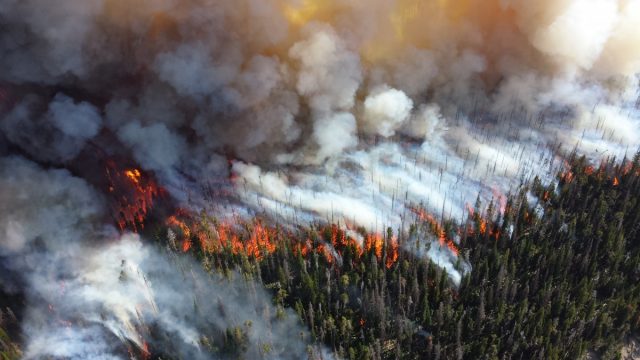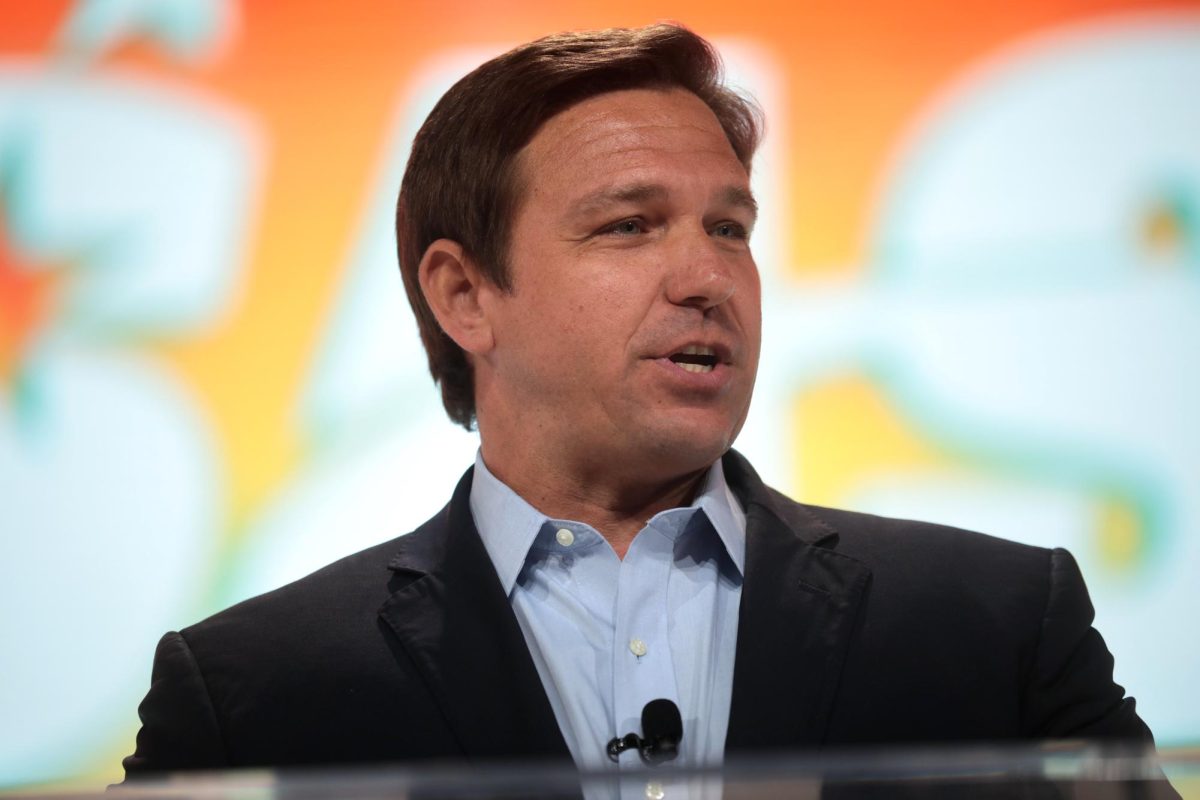
Xenia Gonikberg is a sophomore journalism major.
Winters are getting colder, and summers are getting warmer. Extreme temperatures are becoming more common as the effects of climate change continue to ravage communities across the United States.
Texas is facing rolling blackouts because of snowstorms. Colorado is experiencing record cold temperatures and several inches of snowfall. But perhaps no other region is being affected more than California.
California’s warm, dry summers have caused severe wildfires that burned for miles this past year. With houses and ecosystems being burned in the fire, repairing property damages and reforestation efforts cost millions of dollars.
As someone who has spent my entire life on the West Coast, seeing how these yearly fires affect the vibrant communities and untouched nature that are native to California is devastating. The impact that the wildfires have had on California is substantial; more than 3.6 million acres of land have been burned, with that number only going up. The air quality has gotten so bad that schools had to be closed because it was unsafe to step foot outside.
This drastic weather directly results from the impact of climate change. Evidence suggests that climate change has a more far-reaching impact than just air pollution. Climate change can exacerbate conditions that might make people with weak immune systems struggle to fight off sicknesses. In California, the wildfires, which have increased at an alarming rate, have led to a substantial decrease in air quality, which can make people more susceptible to health problems and can even impact their ability to fight off the coronavirus.
In the wake of these climate disasters, many communities are being directly affected in ways one may not initially realize. Certain communities have been hit harder than others because of wealth inequality, which makes it harder for these groups to grapple with the fallout from these natural disasters. For example, rising temperatures have disproportionately affected lower-income communities, and most of California is ill-equipped to handle the fallout from these fires because it is a very populated, dry area that does not get a lot of rainfall.
For California’s Central Valley, which spans from Sacramento to San Francisco, this puts communities of color at more risk due to higher pollution rates in the area. In fact, Native Americans are six times more vulnerable to the impact of wildfires, while Black and Hispanic people are 50% more vulnerable. Oftentimes they cannot pay for fire insurance and rebuilding, while wealthy white residents can. Sometimes, evacuation warnings go unnoticed because of language barriers or simply because the announcements don’t reach rural areas. This makes each subsequent fire more devastating to their communities. The repercussions of these wildfires are a prime example of how climate change has hurt minority communities.
Many communities have had to shoulder the burden of these wildfires. Alongside minority groups, firefighters have also been severely impacted as they have been struggling to contain the massive wildfires around the state while facing the challenges of the coronavirus pandemic.
Without the same number of firefighters allowed on firetrucks or the reduced number of inmates available to put out the fires, there were only a small number of firefighters available to fight almost 20 fires because most of them were sick or struggling from the coronavirus.
2020 was a year of reckoning. The pandemic has exasperated the effects of environmental issues that have been ignored for decades. Without drastic climate action, California will continue to suffer because of these wildfires and might not be inhabitable for future generations to live in, affecting future generations.
Many people have overlooked this for far too long, and it’s time that climate change is not just taken seriously, but acted upon. If not, then we will continue to face increasingly devastating consequences as a result.


















